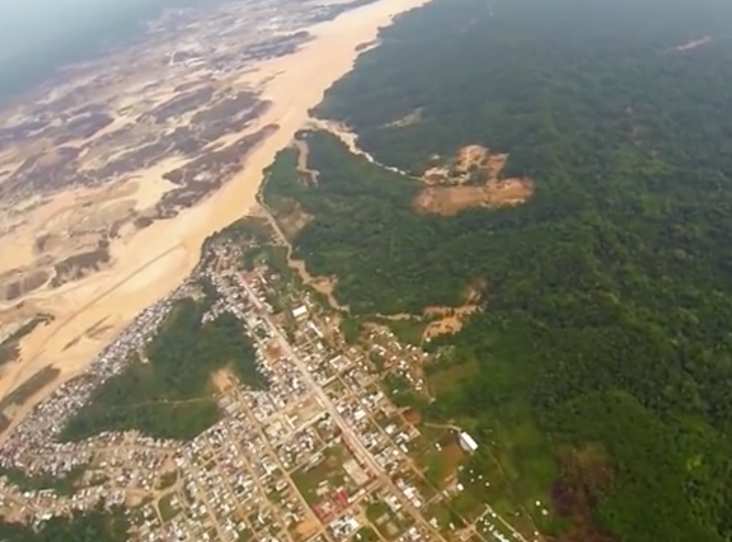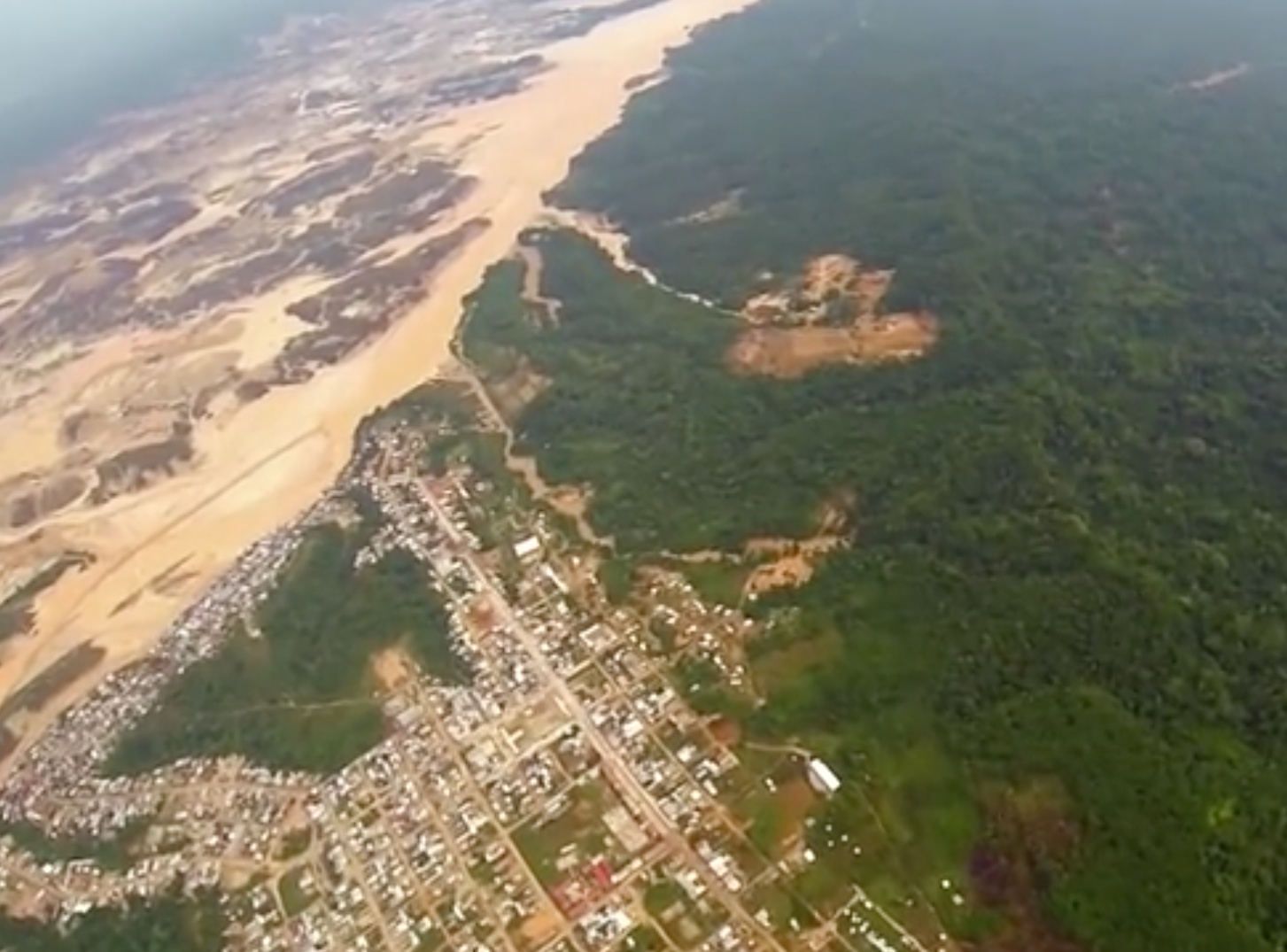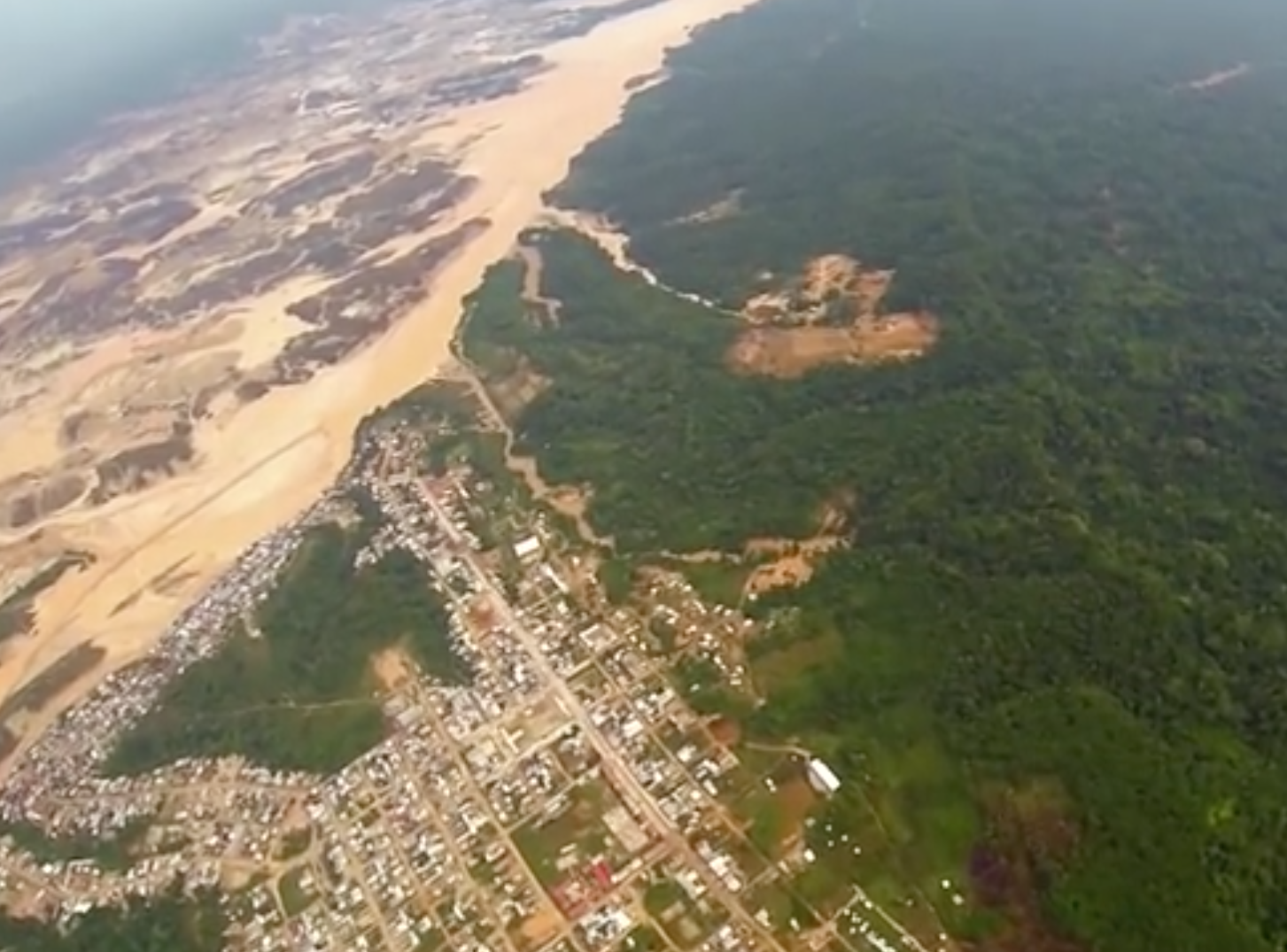Speeches Shim

The illegal extraction of gold involves destructive processes that devastate the Amazonian communities, their forests and their ecosystems. USAID works together with Government of Peru, local communities, Peruvian research organizations, private companies, and U.S. universities to address the threat of mining to the Amazon. The United States and Peru signed a Memorandum of Understanding in 2017 to combat illegal gold mining, the first of its kind, and a demonstration of our strong bilateral partnership on shared priorities.
Over the last decade, Peru’s fast growing economy was fueled by high prices in the mining, oil, and gas sectors. As gold prices climbed, illegal alluvial gold mining expanded into sensitive ecosystems in areas such as Madre de Dios, a biodiversity hotspot in the heart of the Peruvian Amazon. Illegal mining is a complex issue as Peru tries to balance natural resource management and the health of local indigenous communities, with its continued growth and development goals. In partnership with Peru, USAID works with affected communities to address social conflicts, rehabilitate affected land, and prevent the expansion of illegal mining into protected areas and other forested lands.
Our work
RAISING AWARENESS AND STRENGTHENING SCIENTIFIC CAPACITY
Illegal gold mining decimates land, leaving behind barren landscapes polluted by mercury. USAID partners with local and international organizations to support environmental education and inform the public and policymakers about the impacts of illegal gold mining in the Amazon. USAID helps strengthen local scientific capacity to analyze the impacts of illegal gold mining in the environment. In alliance with Peruvian and U.S. researches, USAID has helped establish the first Mercury and Analytical Chemistry Analysis Laboratory in Madre de Dios, use drones for the analyze of deforestation and reforestation, and expand research on impacts of illegal mining in Madre de Dios.
MITIGATING SOCIAL CONFLICTS
Increasingly, social conflicts and violence occur when illegal miners, who frequently migrate from other regions, come into contact with local farmers and indigenous communities. USAID works with local leadership to improve the management of natural resources, strengthen conflict resolution skills, and promote social and environmental safeguards in the artisanal and small scale gold mining sector. In 2016, USAID trained 600 people in conflict resolution. USAID also supports indigenous communities such as those in the Amarakaeri Reserve to strengthen their capacity to conserve and monitor their territory, and address social and environmental conflicts as they arise.
TRAFFICKING IN PERSONS
The victims of illegal gold mining include women and girls, and to lesser extent boys, who are subjected to forced labor and sex trafficking in mining camps. USAID supports advocacy, policy reform, and research to inform and strengthen the Government of Peru’s program to fight trafficking in persons (TIP), most prevalent in Madre de Dios. Across the Amazon Basin, USAID has convened interregional conferences, trained 400 TIP care providers, and provided individualized legal and psychological support to 195 victims. USAID also supported the Ministry of Justice to publish a “Public Defense Action Guide” to improve the technical knowledge of public defenders to better serve victims.
COMBATING ENVIRONMENTAL CRIMES
Illegal mining threatens protected areas and indigenous lands. USAID is launching a new initiative to reduce threats to biodiversity in the Peruvian Amazon by helping Peruvian authorities and Communities to more effectively prevent and address environmental crimes. This includes illegal gold mining, illegal logging and illegal wildlife trafficking in protected areas and their buffer zones, on indigenous lands, and in other relevant forest management units in the Amazon. This activity, expected in 2019, will support national and regional government efforts to prevent and combat these crimes.
Illegal Gold Mining - English ![]() (pdf - 171k)
(pdf - 171k)
Illegal Gold Mining - Spanish ![]() (pdf - 174k)
(pdf - 174k)




Comment
Make a general inquiry or suggest an improvement.